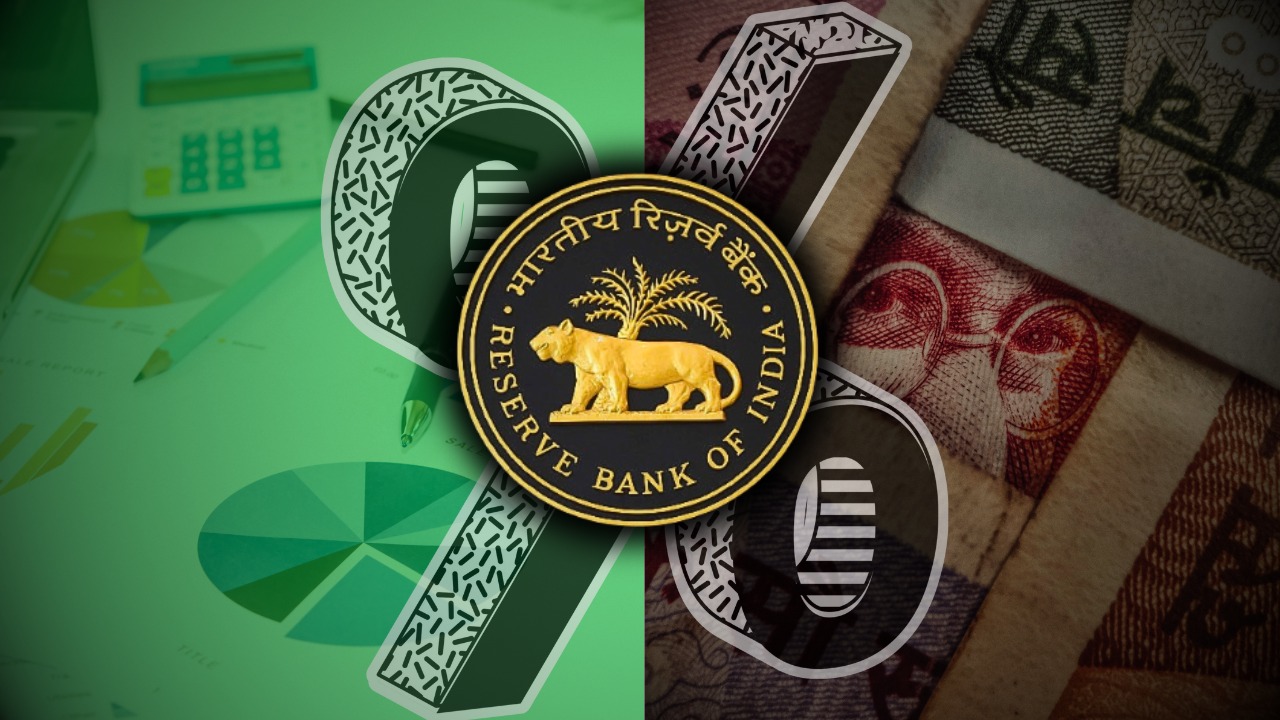
(Photo : BT IN)
RBI
- The Reserve Bank of India (RBI) has lifted its loan disbursal ban on Asirvad Micro Finance and DMI Finance Pvt Ltd.
- The ban was initially imposed due to concerns over the companies' pricing policies and non-adherence to regulatory guidelines.
- The lifting of the ban followed confirmation from the companies of remedial action taken to adhere to regulatory guidelines.
- This move underscores the RBI's commitment to maintaining the stability and integrity of the financial sector.
The Reserve Bank of India (RBI) has recently lifted its ban on the sanction and disbursal of loans by Asirvad Micro Finance and DMI Finance Pvt Ltd. This move is a significant relief to the two microfinance companies, as stated in an RBI circular issued on Wednesday. The RBI had previously taken action against four Non-Banking Financial Companies (NBFCs) in October 2024, namely Asirvad Micro Finance Ltd, Arohan Financial Services Ltd, DMI Finance, and Navi Finserv. The central bank cited material supervisory concerns and asked these entities to cease and desist sanction and disbursal of loans, effective from October 21, 2024.
RBI's Concerns and Actions
The action was based on material supervisory concerns observed in the pricing policy of these companies in terms of their weighted average lending rate (WALR) and the interest spread charged over their cost of funds. These were found to be excessive and not in adherence with the regulations. In addition to usurious pricing, the NBFCs were found to be in non-adherence with the regulatory guidelines on the assessment of household income and consideration of existing or proposed monthly repayment obligations in respect of their microfinance loans. Deviations were also observed in respect of Income Recognition & Asset Classification (IR&AC) norms resulting in evergreening of loans, the conduct of gold loan portfolio, mandated disclosure requirements on interest rates and fees, outsourcing of core financial services, among others.
The business restrictions were made effective from the close of business on October 21, 2024, to facilitate the closure of transactions in the pipeline, if any. These restrictions did not preclude these companies from servicing their existing customers and carrying out collection and recovery processes in accordance with the extant regulatory guidelines.
Companies' Response and Future Prospects
The RBI further stated that these business restrictions would be reviewed upon receipt of confirmation from the companies regarding suitable remedial action having been taken to adhere to the regulatory guidelines, more particularly their pricing policy, risk management processes, customer service, and grievance redressal aspects, to the satisfaction of the Reserve Bank.
Manappuram Finance, the parent company of Asirvad Micro Finance, had previously assured investors of its commitment to addressing the RBI's concerns. Its board implemented corrective measures and pledged a compliance-first culture. The Board reiterated its unwavering commitment to implement RBI's direction in letter and spirit and monitor the corrective action in a time-bound plan.
Shares of Mannapuram Finance, which had plunged 15% after the RBI's restrictions, were trading at ₹180.41 apiece on Wednesday, 0.92% down from the previous close. On the other hand, Bengaluru-based NBFC Navi Finserv, backed by Sachin Bansal, co-founder of e-commerce giant Flipkart, canceled its planned bond issuance of Rs 100 crore. Shobhit Agarwal, Head of Lending, Navi Finserv said, "Navi Finserv maintains a healthy liquidity position, and after careful consideration, we determined that there was no immediate need for external funding at this point, leading to this development."
* This is a contributed article and this content does not necessarily represent the views of btin.co.in









